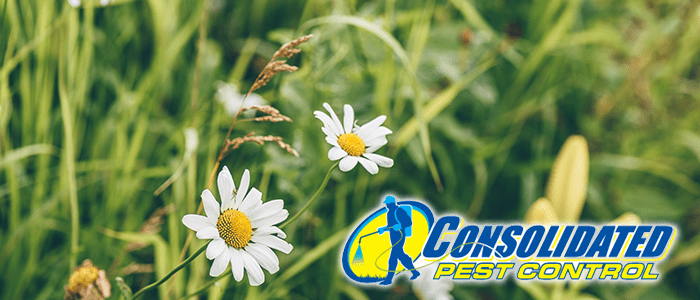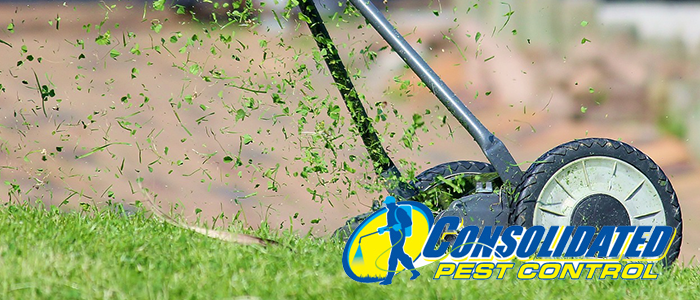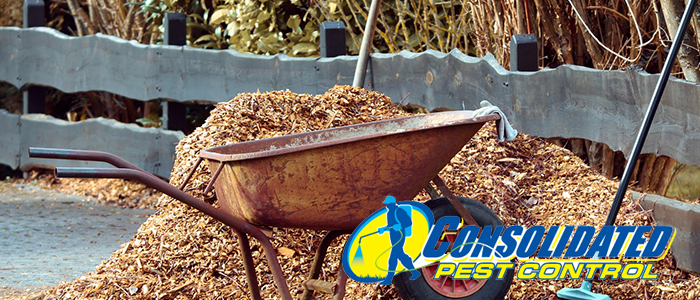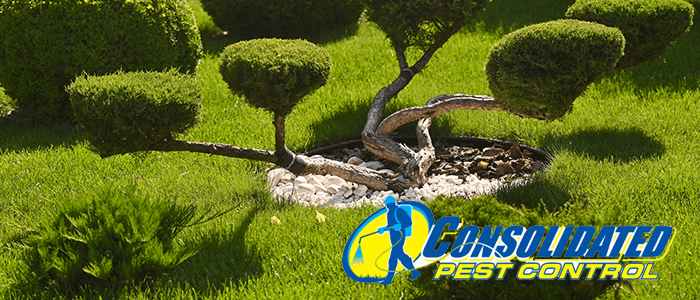
The Battle of Lawn Care: The Pros and Cons of Using Pesticides
Maintaining a healthy and lush lawn requires more than just trimming the grass and watering it regularly. It also involves protecting it from pesky pests that can easily destroy it – this is where pesticides come in. However, as with any solution, there are pros and cons to using pesticides.
Consolidated Pest Control, a pest control and lawn fertilization company headquartered in Plant City, FL, has been in the industry for years, providing reliable and effective solutions to clients.
Section 1: What are Pesticides?
Pesticides are chemical substances formulated to eliminate or control pests that can damage crops, gardens, and lawns. They come in various forms, such as sprays, baits, granules, and powders. These chemicals target specific pests, such as insects, rodents, and weeds, and are designed to protect your lawn from infestation.
In the past, pesticides have gotten a bad reputation for being harmful to the environment and human health. However, the chemicals used today are more regulated to ensure safe and effective uses.
Section 2: The Pros of Using Pesticides
Pesticides can be a valuable tool in keeping your lawn healthy and free from pests. Here are the benefits of using pesticides:
1. Prevents Pest Infestation: One of the primary benefits of using them is that it is effective in preventing pest infestations. Infected lawns and gardens can quickly spread pests to other plants, and this can result in extensive damage to your property.
2. Increases Lawn Health: By getting rid of pests, your lawn is healthier and more robust, which means it can resist diseases and other harmful microorganisms.
3. Increases Yield: If you have a fruit or vegetable garden, it can increase crop yield and quality by protecting it from harmful pests.
4. Saves Time and Effort: Without pesticides, managing pests can be time-consuming and challenging. By adding these to your yard, it minimizes the effort involved in maintaining a healthy lawn.
Section 3: The Cons of Using Pesticides
Alongside the benefits come the drawbacks. Here are some of the concerns surrounding the use of pesticides:
1. Harmful Side Effects: Pesticides have been known to have harmful side effects on the environment, animals, and people. These chemicals can leach into water sources, pollute air quality, and cause health problems.
2. Kills off Beneficial Pests: Not all pests are harmful to your lawn. Additives may unintentionally kill off beneficial pests—such as bees, ladybugs, and earthworms—that help in pollination and soil aeration.
3. Overuse: Excessive and inappropriate use of can lead to contamination of the soil and water systems. This contamination can lead to long term harm on the environment.
Section 4: Types of Pesticides
There are two types of pesticides. Broad-spectrum pesticides and narrow-spectrum pesticides.
1. Broad-spectrum pesticides: They are designed to kill a wide range of pests, including beneficial ones. Broad-spectrum are powerful and effective, but they can cause environmental harm.
2. Narrow-spectrum pesticides: are designed to target specific pests and are less harmful to the environment. These types are ideal for lawn care allowing your lawn to remain healthy and protected.
Section 5: The Costs Associated
Costs differ according to the type of pesticide and the size of the lawn. Purchasing the products can be quite expensive, and it might need several applications to work efficiently. Professional-grade additives typically include application fees, which can be incorporated in packages offered by lawn care providers.
Section 6: Alternatives for You
Some people prefer natural alternatives to pesticides. They include:
1. Companion planting: Choosing companions and mixing in plants that naturally repel pests can be effective in preventing infestation.
2. Organic sprays: These are made from natural ingredients and can be effective in controlling common pests.
3. Beneficial predators: These are beneficial insects such as ladybugs that are natural predators to garden pests.
Section 7: The Risks of DIY Pest Management
Pest control requires proficiency and experience. DIY pest management may lack the expertise and knowledge to safely and effectively use additives that can cause harm to people and pets. Overusage can also lead to environmental hazards.
Section 8: Hiring Professionals
While pesticide applications may seem to be a simple task, it involves technical know-how and expertise to be handled safely and appropriately. Professional pest control companies like Consolidated Pest Control have a team that is experienced and trained to handle equipment safely while minimizing any potential harm to the environment.
Section 9: Final thoughts on Using Pesticides
Pest infestations can occur anywhere, including your lawn. Additives can be an effective solution for keeping your lawn healthy and free from damage caused by pests. However, it’s essential to weigh the pros and cons before applying pesticides. Consider natural alternatives or enlist the services of professionals to handle pest management.








